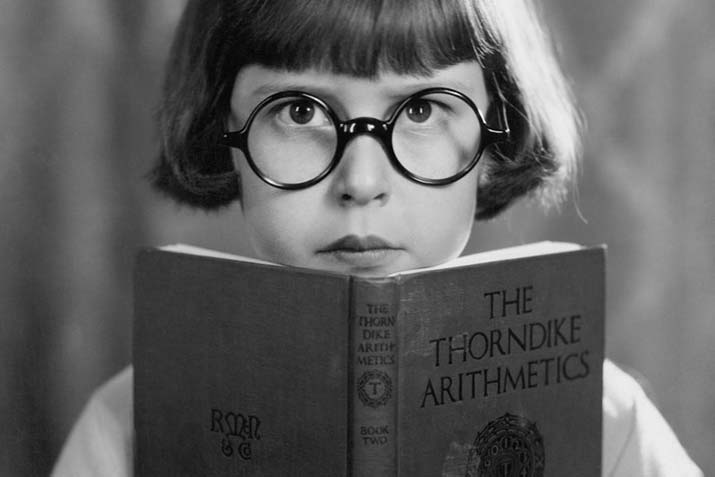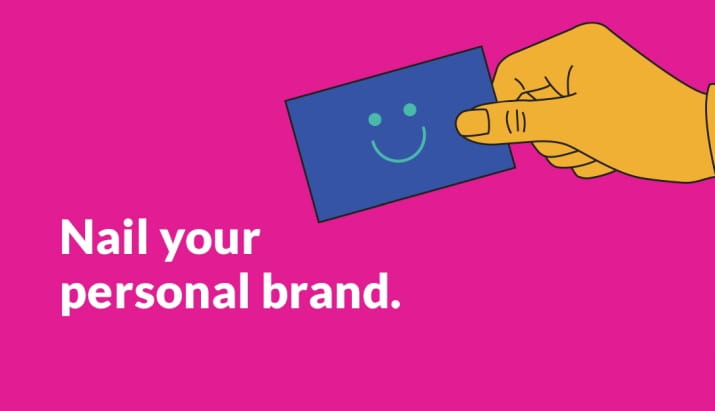Study tips from history’s great figures
We look to history's greatest thinkers for unique learning techniques. What works for Hemingway, Capote, or Angelou, is surely worth giving a try.

Embracing what works for you is one of the cornerstones of our philosophy at Open Universities Australia. Everyone has their own way of learning, so when it comes to study, there’s no one way to go about it.
The most successful figures in history – inventors, creators, writers and influencers – recognised the individuality of learning and working. They adopted what felt natural for them, and used these practices to propel themselves towards success. So why not look to them for inspiration, as you establish your own unique way of working?
Diligence
Horror writer Stephen King knows so much about writing he wrote a book on writing called On Writing. True story. In his book, King says one of the reasons why he is so successful could be his commitment to writing 10 pages a day, every day of the year, without fail. King sticks to his guns, even on birthdays and Christmas. That’s a lot of writing each day, and it has led to some incredible results: King is one of the most prolific writers of our time.
Similarly, Ernest Hemingway made a habit of writing 500 words every day. He would rise early every morning to beat the heat, and work on his quota. He elaborated on the reasons for his diligence once in a letter to F Scott Fitzgerald: “I write one page of masterpiece to ninety-one pages of s***,” he confided in 1934. “I try to put the s*** in the wastebasket.”
The moral? Out of habit comes output. How habit is formed is up to you.
Down time
America author, poet and civil rights activist Maya Angelou made keeping her work and home life a priority. In fact, she took it so seriously that she rented out a small hotel room and equipped it with nothing more than a deck of cards, her writing tools and a bottle of sherry. Not a bad way to keep yourself focused – unless you’re prone to getting distracted by tipsy Solitaire.
Arianna Huffington, writer, editor-in-chief and co-founder of The Huffington Post has many lessons to share on the topic of balance. In her book Thrive, she writes that after nearly collapsing from exhaustion after the launch of The Huffington Post, she removed all technology from her bedroom except for an old alarm clock in order to get some sleep. That makes sense in this crazy non-stop digital world.
The moral? Do whatever you need to do to protect your down time.
Focus
Your ‘golden hour’ is the time when you’re at your peak. You’re alert, ready to be productive, and intent on crossing things off your To Do list. Unluckily, not all of us are at our peak between 9 and 5 –some biological clocks prefer a night owl routine over that of a morning lark. Regardless of which camp you sit in, find your best time, and protect it with all your might.
If you’re a night owl, you’re in great company – joined by the likes of Barack Obama, Charles Darwin, Thomas Edison and Leonardo da Vinci. Another example is Les Miserables author Victor Hugo, who valued his morning productivity so highly he had his butler hide his clothing so he was forced to either write or leave the house in the nude. That’s dedication!
The moral? Productivity is a recluse.
Environment
Truman Capote, author of Breakfast at Tiffany’s and In Cold Blood, claimed to be a “completely horizontal author.” His specific recipe for success included lying down in bed or on a couch, with a cigarette and coffee. He admitted that the coffee would switch to tea, then sherry, then martinis as the day wore on. Even while using a typewriter he would be in bed, with the typewriter balanced on his knees.
One of the greatest living American writers, Philip Roth works standing up, pacing around as he thinks. He claimed to walk half a mile for every page he writes. He separates his work life from personal life, and doesn’t write where he lives — he has a studio built away from his house. He works at a lectern that doesn’t face the view of his studio window, to avoid distraction.
The moral? Being desk-bound isn’t mandatory.
Browse thousands of courses from leading Australian universities.
Or complete the form on this page to chat to an advisor about study options.



